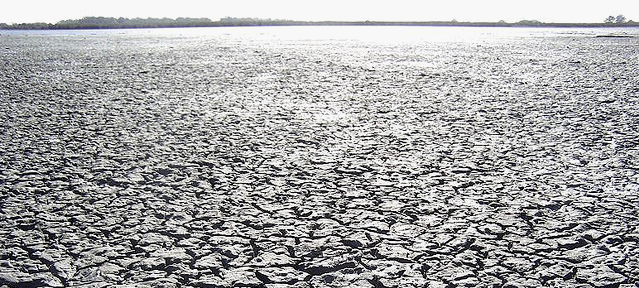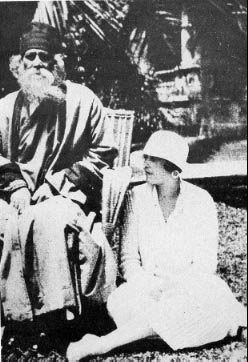
Anoche volví a soñar con la imagen del esqueleto en el desierto, acompañada por la frase hasta la última gota, un eco del cuento con el mismo nombre. Recordé entonces el poema A Skeleton, de Tagore, donde aparece también esa última gota:
A Skeleton, by Rabindranath Tagore
A beast’s bony frame lies bleaching on the grass
by the meadow path –
the grass that once had given it strength and tender rest.
The dry white bones seem like the hard laughter of Time
which cries to me:
‘Thy end, proud man, is one with the end of the cattle
that graze no more,
for when thy life’s wine is spilt to its last drop
the cup is flung away with a final unconcern.’‘Hollow is thy mockery, Death’ said I in answer,
Mine is not merely the life that pays its bed and board
at close of day
with its bankrupt bones and is made destitute.
Never can my life contain to the full all that I have thought
and felt, gained and given, listened and uttered.
Often my mind has crossed time’s border,
Is it to stop at last for ever at the boundary of
crumbling bones?Flesh and blood can never be the measure of the truth that is
myself;
the days and moments cannot wear it with kicks at every step
as they pass on;
the wayside bandit, dust, dares not rob it of all its possession.
Know that I have drunk the honey of the formless
from the lotus of endless forms;
in the bosom of sufferings I have found the secret path
of delight;
I have heard in my being the voice of Eternal Silence;
have seen the tracks of light across the empty desert of the
dark.
Death, I accept not from thee
that I am a gigantic jest of God,
that I am the annihilation built with all the wealth
of the infinite.
 |
| Rabindranath Tagore y Victoria Ocampo |
Un poema que acaba con la igualdad entre los seres humanos: sí, todos seremos polvo al final, pero la diferencia está en los recuerdos que acumulan nuestras cenizas. Lo más curioso de este poema es que fue escrito cuando Tagore caminaba en la Pampa argentina (Aquí un recuento breve de la estancia de Tagore en Argentina por cortesía de Victoria Ocampo). Ocampo lo invitó a conocer la Pampa y en medio de su exuberancia lo que llama la atención de Tagore es precisamente el esqueleto de un animal muerto. Gracias a este encuentro, Tagore nos deja un poema que refleja toda su vitalidad de manera apofática, hasta la última gota.